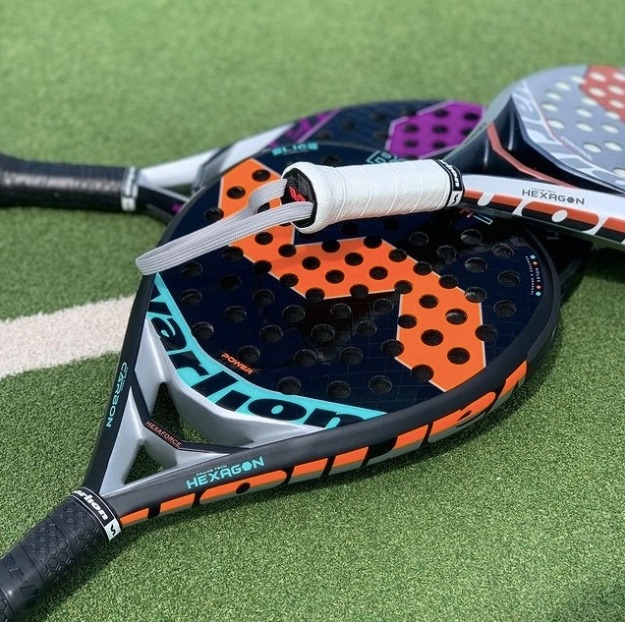
Introduction
Padel is a rapidly growing sport that combines tennis, squashi and badminton elements. It's an exciting game that's easy to learn, which makes it perfect for players of all ages and skill levels.
In this guide intended for beginners, we will explore padel the basics, including the necessary equipment, game rules, and some helpful tips for getting started.
Equipment
Before starting to play Padel, you need basic equipment. The most important of them are padel rackets and balls. Padel rackets are strong, with a string and a perforated surface. They are usually made of light materials such as carbon fiber or fiberglass, and the maximum dimensions of the rackets are 45.5 cm long and 26 cm wide.
Padel balls are very similar to tennis balls (the untrained eye or hand cannot tell the difference), but are slightly smaller and with lighter pressure. This makes it easier to control them on a smaller padel court. In addition, you need comfortable sports shoes with a good grip and sports clothes that allow easy movement.
Court
Padel is played on a court smaller than a traditional tennis court, with a length of 20 meters and a width of 10 meters. The court is divided into two halves by a net, with a height in the center of 88 cm.
One of the unique features of Padel is the court walls, which are made of glass or a combination of glass and solid material. These walls are an integral part of the game, as players can use them similarly to squash to hit the ball.
Padel rules
Padel is usually played as a doubles game, with two players on each side of the net. The scoring system is the same as in traditional tennis, with points awarded for winning exchanges. The game is won by the team that first reaches six points, with a lead of at least two points. If the score is tied at 6:6, a “tie break” is played to determine the winner.
In padel, serving is done underhand and must be hit below the waist. The server must stand behind the baseline and hit the ball diagonally into the opposite service box. After the serve, players take turns hitting the ball back and forth over the net, using the walls to keep the ball in play. A point is awarded when a team fails to return the ball within the court boundaries or commits an error. You can find more information about the rules here.
Padel tips for beginners
Summary
Padel is an exciting and affordable sport for everyone, offering a unique blend of skills and strategy. By understanding the game's basics, investing in the right equipment, and following these helpful tips, you're well on your way to fully enjoying this fantastic sport. Whether you're playing for fun or aiming to compete at a higher level, padel provides a wonderful opportunity for an active lifestyle, quality time with friends/family, and to challenge yourself both physically and mentally.
You can find a video on padel tactics HERE.